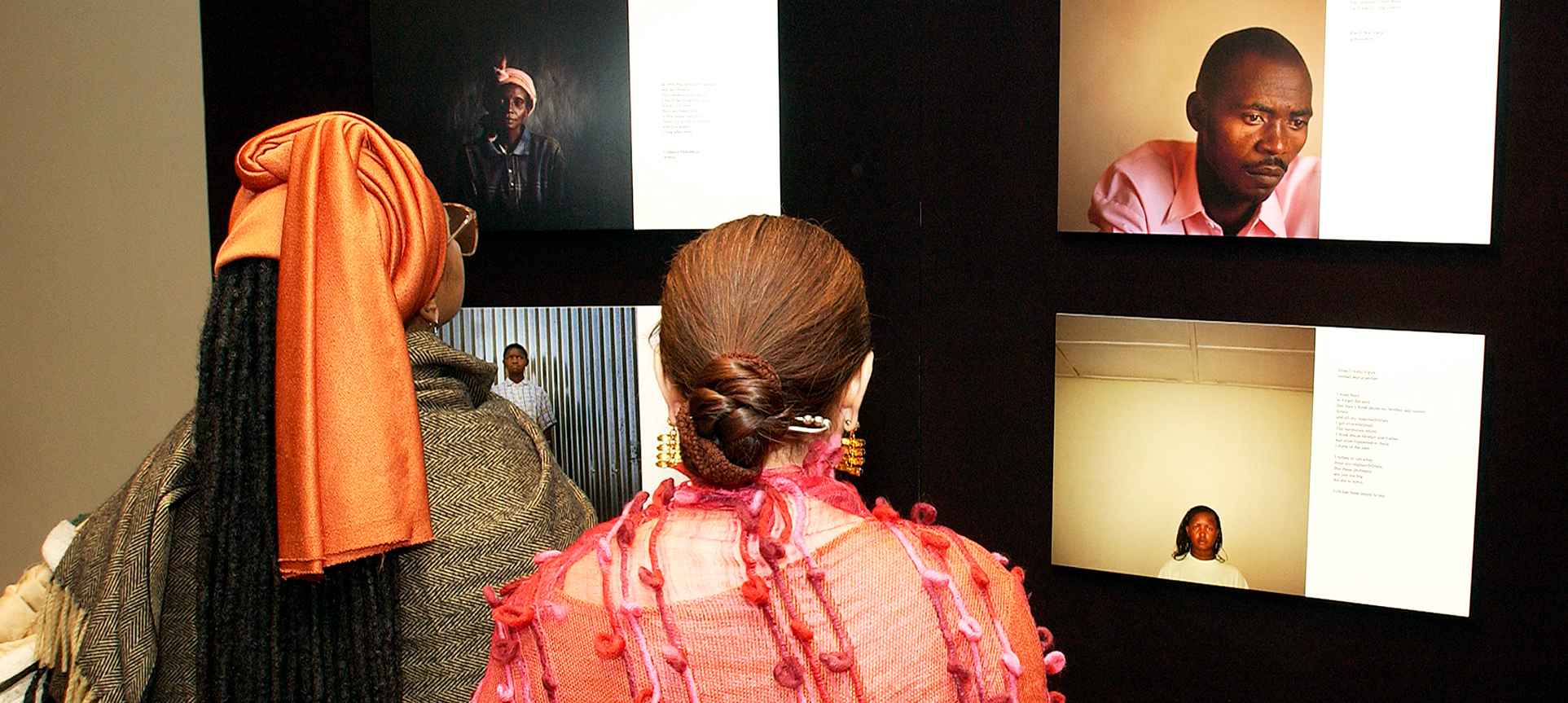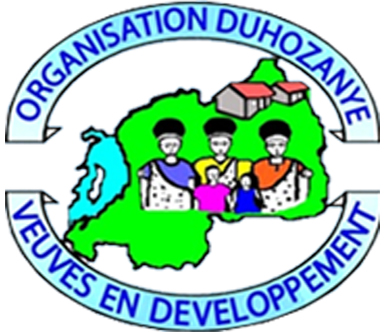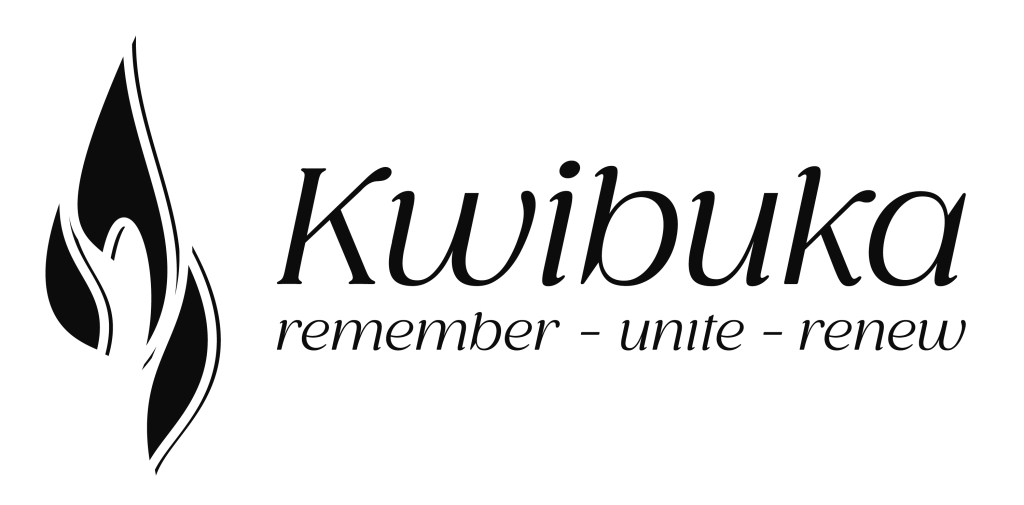

7 April marks the start of the 1994 genocide
Every year, on or around that date, commemorative events are organized around the world. You also can take action!
Take Action! Get Involved!

The Ishami Foundation uses the power of sport and storytelling to build equality, tolerance and lasting peace in Rwanda and the UK. We work with survivors, young people and vulnerable communities. Our activities empower participants by fostering respect, team spirit, critical thinking and resilience.

Survivors Fund (SURF) helps in rebuilding the lives of survivors of the genocide against the Tutsi in Rwanda by: supporting efforts to empower survivors to achieve justice; assisting their efforts to reclaim their livelihood; and enabling survivors to rebuild their lives through entrepreneurial and education initiatives.

DUHOZANYE, which means "console each other," was started by 330 widows of genocide perpetrated against the Tutsi in 1994 in the former Shyanda commune in Southern Province. The widows decided to combine their efforts to overcome the consequences of genocide and develop themselves to overcome extreme poverty.
Survivors testimonies are made available by the Survivors Fund. All are in PDF format and can be accessed here.

Foundation Rwanda's mission is to: provide education for children born from rapes committed during the 1994 genocide; link their mothers to medical and psychological support and income generating activities; raise awareness about the consequences of genocide and sexual violence through photography and new media.

Rwanda Gift for Life was established to ensure that women can access free anti-retrovirals provided by government clinics, that they receive trauma counseling, enjoy a balanced, nutritious diet, that their children have the materials and clothes needed to attend school, and that they live in decent housing. Once they regain their physical and emotional health and well-being, the next phase is ensuring income security.

Rwanda Women’s Network (RWN) is a national humanitarian NGO dedicated to the promotion and improvement of the socio-economic welfare of women in Rwanda since coming to being in 1997. Over time, the organization has dedicated its efforts to strategies that empower women and has extensive experience in fostering women’s participation and grassroots responses to community challenges.






